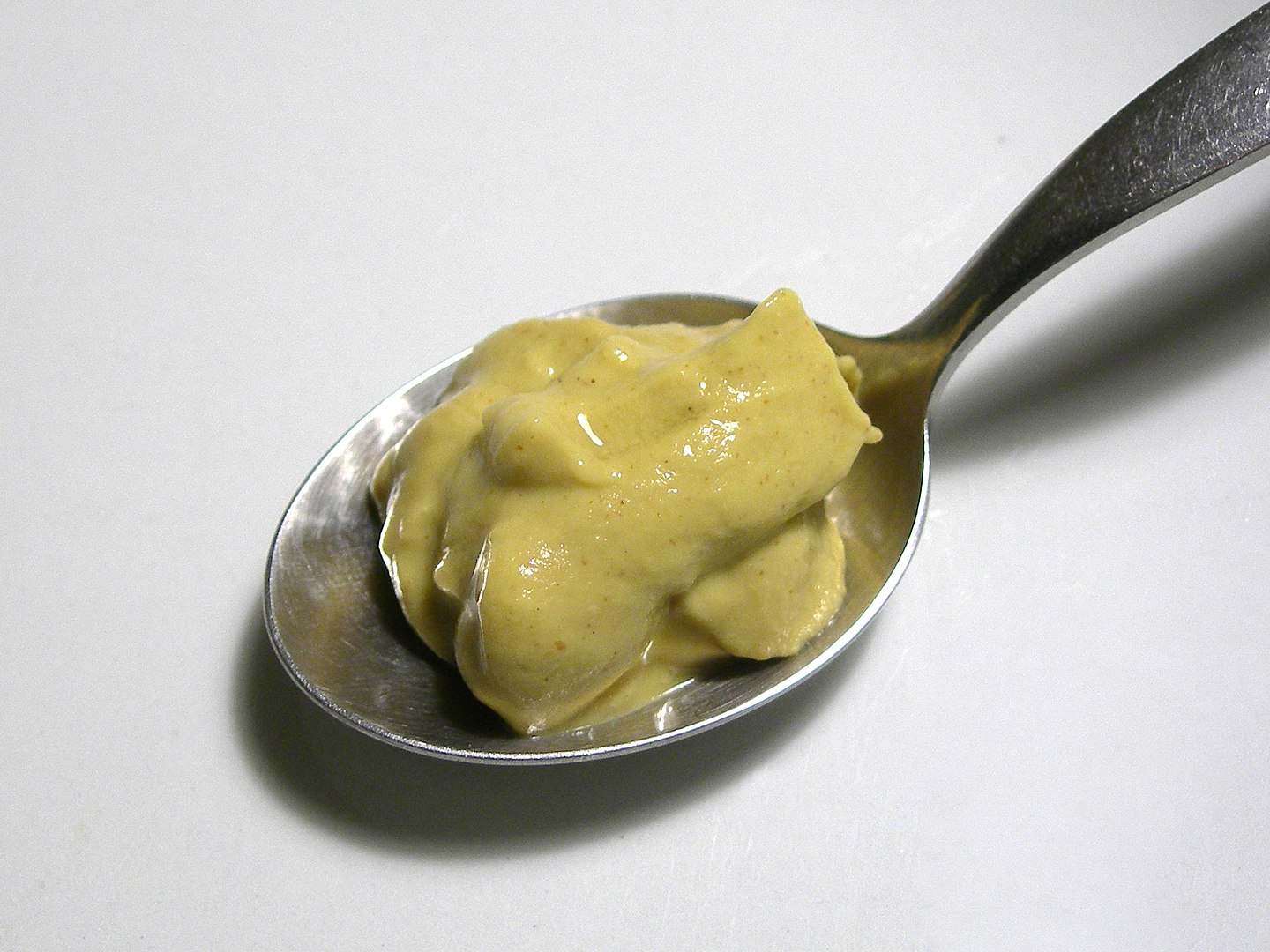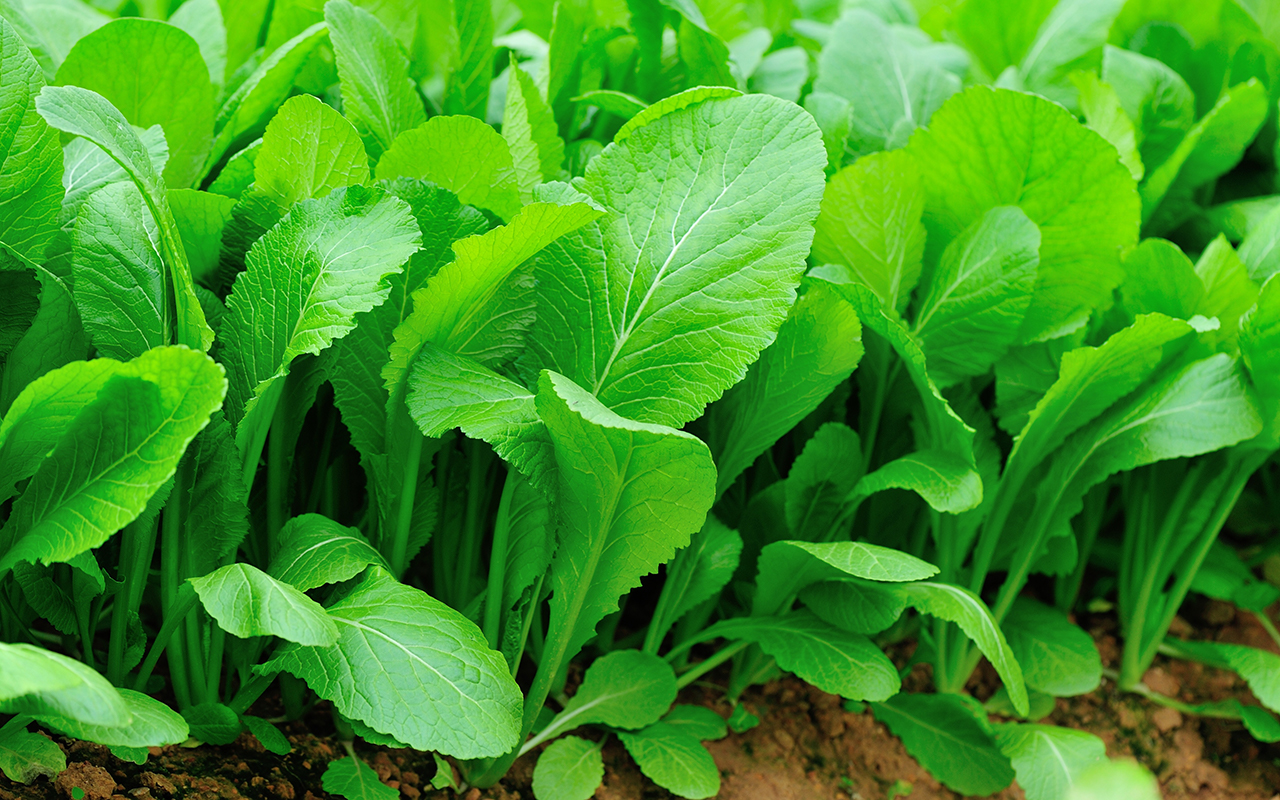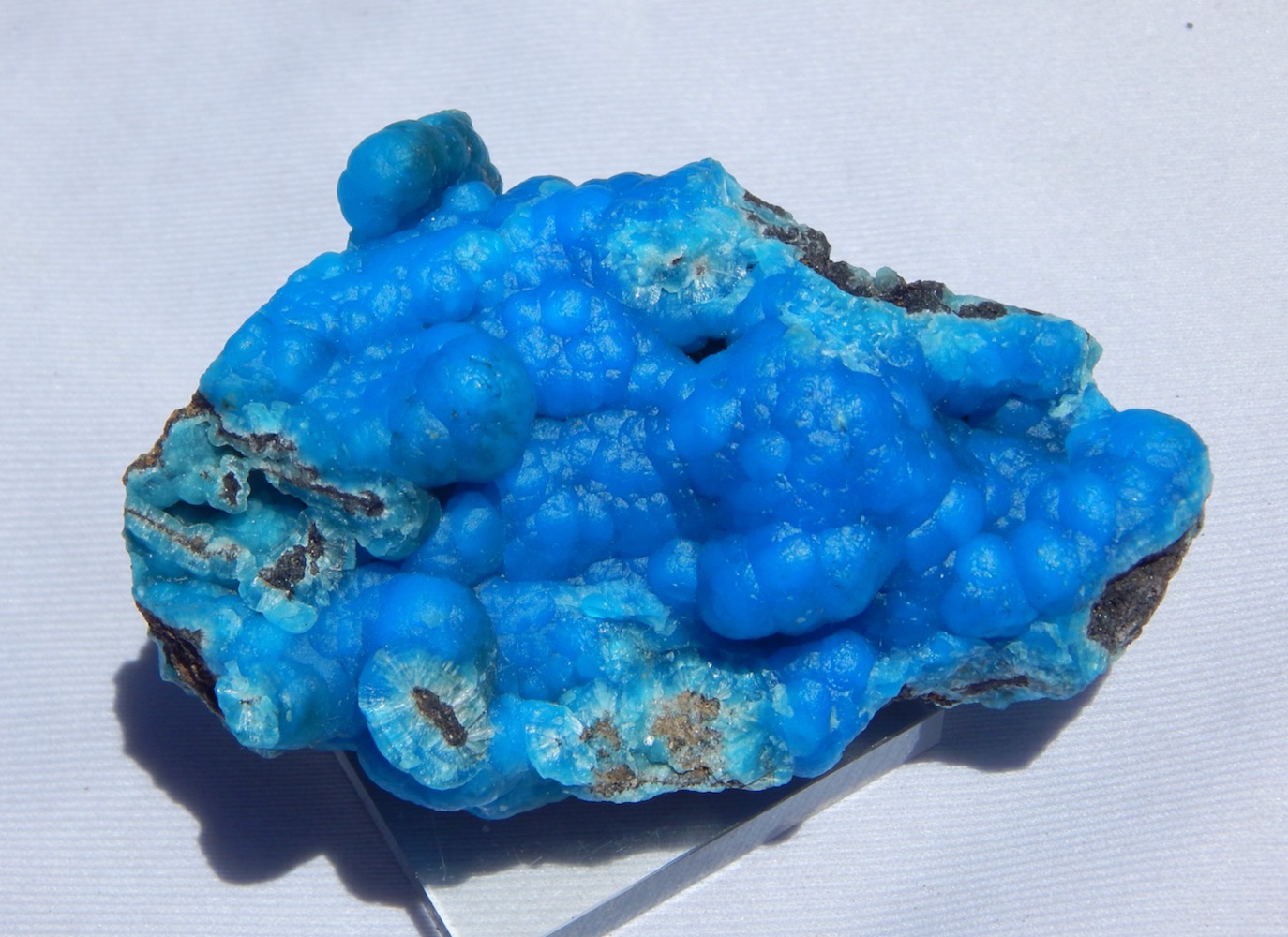
Whether you ignore it in groceries or have a steady supply at home, mustard is one of the biggest condiments across the world. Much like mayonnaise or ketchup, people either love or hate this spread. However, almost every culture in the world uses it to add flavor and spice to the food they eat. Your favorite sauces may even have a mustard base without you knowing it. Learn more about this wonder condiment with these mustard facts.
- A 100 gram serving of mustard generally has 66,000 calories.
- Mustard comes in three main types: yellow, brown, and black seed varieties.
- On Amazon, French’s Classic Yellow Mustard sells the most for this condiment.
- The earliest record of people using mustard on hotdogs dates back to St Louis World’s Fair in 1904.
- Mustard seeds have symbolized different things in proverbs and parables.
- The ancient Indus Valley civilization grew mustard as far back as 2500 BC.
- Romans mixed ground mustard seeds with grape juice for use as a condiment.
- Christian monks preserved Roman techniques for making mustard condiments during the Middle Ages.
- The French monarchy began patronizing mustard makers in the 13th Century.
- King Richard II of England also began patronizing mustard makers in his country in the 14th Century.
- In the 17th Century, William Shakespeare explicitly mentioned mustard in his works.
- The French later invented the first automatic mustard maker in the 19th Century.
- Johann Develey made the first sweet mustard in Bavaria in 1854.
- They also introduced mustard to the USA during the 1904 St. Louis World Fair.
- The French government officially certified Dijon mustard in 1937.
- André Ortolf of Germany holds the record for the fastest time to drink 200ml of mustard (11.79 sec).
- In the 9th century, French monasteries relied on mustard for profit.
- Mustard milling began in 19th century Britain.
- Dijon, France was the first to commercialize mustard spread in the 13th century.
- Mustard contains omega-3 fatty acids.
The word mustard has Latin roots.
Specifically, it comes from the Latin words mustum and ardens. The first refers to must, or freshly-crushed grapes which the Romans mixed with ground mustard seeds to make the condiment. Meanwhile, ardens literally means flaming hot, referring to the spicy flavor of the condiment.
Together, these words formed the French word moutarde, which later became the Anglo-Norman mustarde. Finally, the latter evolved into the modern word we use today, mustard.
The mustard plant has a long history of its own.
Wild mustard still grows today in West Asia, which led scientists to conclude that the plant first originated from that region. Historical records from Greco-Roman times also prove the commercial growing of the crop, though some archaeologists contest this. However, Sumerian records dating back to 3000 BC described the growing, harvesting, and preparation of the crop at least 500 years before the Indians did.
They also have a relation to other vegetables.
Along with radish and turnip, mustard belongs to the Brassicaceae family. In fact, scientists believe that prehistoric humans might have domesticated them at around the same time. That said, the history of wild radish and turnip in West Asia strongly supports this hypothesis.
The Romans had complicated recipes for mustard sauce.
One recipe for mustard glaze in particular had a very long and complex list of ingredients. In addition to ground mustard seeds, it included black pepper, caraway, celery, dill, honey, and grilled coriander seeds among other herbs. Interestingly, it also included olive oil, vinegar, and fish sauce.
Many sauce recipes include mustard.
You may think of them as separate condiments, but barbecue sauce, mayonnaise, and vinaigrette may have varying amounts of mustard. Many different kinds of marinades around the world also include mustard as a staple in cooking. For one, Hollandaise sauce requires mustard to keep the sauce from curdling.

Using hot or cold water to make mustard makes a difference.
Hot water breaks down the acids and other organic chemicals in the ground mustard. This, in turn, causes a milder flavor for the finished product. In contrast, cold water preserves the acids and organic chemicals, leading to a stronger flavor for the final product.
Mustard sauce isn’t naturally yellow.
The yellow color only comes from adding either turmeric or artificial coloring to the finished product. Without it, mustard actually has a naturally dull grey or even brown color.
Mustard doesn’t spoil.
The high acidity and naturally-antibacterial properties of mustard retard the growth of bacteria and other microorganisms that could spoil the product. This composition allows people to store the condiment at room temperature. While it won’t spoil, it can still suffer contamination if left in the open air, or change color from oxidation.
You can make your own mustard sauce at home.
To make mustard, you have to mix ground mustard seeds with flour and turmeric. Then, you can cook the mixture in water over low heat until it reaches the consistency you want it to have. You can also substitute water with vinegar, wine, beer, or even milk. Finally, let the finished product stand for at least 10 minutes before using it.
Dijon mustard is the most famous mustard in the world.
As the first to commercialize mustard in the 13th century, Dijon has become synonymous with the condiment. It became even more famous in the 19th Century when Jean Naigeon started using unripe grape juice instead of vinegar to make the condiment. With a unique and novel flavor, mustard eventually became a global phenomenon as it made its way into different cuisines.

Most of Dijon mustard’s ingredients don’t actually come from France.
Around 80% of the mustard seeds used to make Dijon mustard come from Canada. In fact, the condiment hasn’t been made in Dijon since 2009. Instead, the company has relocated to the neighboring town Chevigny-Saint-Sauveur.
French mustard isn’t actually French.
This dark-brown condiment has a characteristically-mild flavor, with a sweet and tangy touch. Despite the name, French mustard actually comes from Britain, produced by Colman in 1936. Unilever later acquired Colman in 2001, but stopped selling the condiment in the European Union (EU) after receiving an order to cease and desist from the organization. However, the condiment remains available in Britain itself.
Spicy brown mustard is a common kind of mustard in the USA.
This version of the condiment has its seeds coarsely ground, giving it a characteristic yellow-brown color speckled with spots. It also makes the product much spicier compared to the regular version, especially if it has horseradish.
Louisiana has its own special kind of mustard.
They call it creole mustard, after the cuisine of the same name that also comes from Louisiana. To make the condiment, they first marinate mustard seeds in white wine vinegar, while horseradish and other similar spices also make up part of the recipe. Together, this distinct preparation gives the final product a coarser texture and much spicier flavor compared to the regular version.
Creole mustard is very versatile.
Creole cuisine uses it in all sorts of recipes, from dips and sauces for vegetables and salads to marinating meat. Seafood recipes also make good use of the condiment, as do Louisiana’s traditional po’ boy sandwiches. Usually, creole mustard also plays a starring role in New Orleans and Creole-style remoulade sauce.

Other ingredients are sometimes added to mustard to adjust its flavor.
Honey is one of the more common additives to the condiment, to make for a milder flavor. It’s commonly used to make sandwiches and as a dip for finger food. You can also make salad dressing using both honey and vinegar as additives to the condiment. Meanwhile, fruit is another additive sometimes added to the condiment for sweeter tones.
At the same time, the condiment preserves the fruit and gains a unique blend of flavor in the process. The result is often used in cooking traditional meat dishes in Europe, such as in Italy. Alternatively, you can add chili peppers to the condiment to increase its spiciness.
Alcohol is also sometimes added to mustard.
In particular, the Scottish island of Arran has a reputation for their own version of the condiment, made using Scottish whiskey.
Indians have their own kind of mustard.
Compared to Western mustard, the Indian kasundi has a stronger and sharper flavor. It also has a stronger smell, much like Japanese wasabi. It’s said that kasundi has a kick that can make first-time eaters tear up from its sharpness.

Kasundi has several traditions behind it.
In times past, only members of the Brahmin caste had permission to make kasundi. It wasn’t until recently that members of the lower castes gained permission to make kasundi themselves. Even then, they still had to follow complex rituals and conditions in order to properly make kasundi.
Regardless of caste, makers of kasundi also have to avoid eating bitter or sour foods. Tradition also forbids making kasundi in a birth month of anyone in the family, or in the same month that a family member died. If a family ever made a mistake in making kasundi, tradition forbids them from trying for another 12 years.
Kasundi is much more complicated to make than western mustard.
For one, making kasundi has to follow strict religious requirements. The process usually starts on the feast day of Akshaya-Tritiya, which can fall on any day between late April and early May. On this day, they clean the mustard seeds. The day after, they grind the seeds along with spices and pound it for another two days to further refine the powder.
After this, they add salt, green mangoes, and hot water, before letting the mixture ferment for another 2 days. Finally, they sun-dry the mix and then store it in a stone pot until the month of Asharh. Only then can they begin using the kasundi.
Kasundi has other variants other than its usual one.
Used in stews and seafood curries, phool kasundi is made using the pulp of the mustard seeds. Another variant is gota kasundi, which is made using dried mangoes and usually features as a garnish for vegetables. Similarly, tomato kasundi often features as a dip or as a sauce for fried foods and grilled meat. Finally, aam kasundi has traditional uses as a meat marinade or curry base.
Some people can be allergic to mustard.
The symptoms include uncontrolled watering of the eyes and excessive burning of the mouth and throat upon ingestion. In more extreme cases, ingesting mustard can trigger a potentially-fatal anaphylactic shock.
This has led the EU to require any product that contains mustard to explicitly warn consumers on their labels.
Despite the name, mustard has no connection to mustard gas.
The deadly gas only takes its name from having the same color as the condiment. In particular, sulfur gives it the orange tint, along with chlorine and hydrocarbon compounds. This poisonous gas gained infamy after its use by Germany and the Allies in WWI.
Exposure to the gas caused extremely painful blisters that took a long time to heal, leaving behind ugly scars. Anyone who inhaled the gas also suffered from long-term respiratory disorders and a higher risk of cancer than normal.
A museum dedicated to mustard exists in the USA.
The National Mustard Museum stands in the city of Middleton, Wisconsin. Originally founded in 1992, it moved from Mount Horeb village to its current location in 2009. The museum’s displays include all kinds of mustards, largely from Britain and France, but many different countries and their unique take on the condiment appear in the museum. The museum also offers free samples of all kinds of the condiment, as well as a gift shop that actually makes up half the museum.
Mustard leaves are also edible.
African and Asian cuisines all use the leaves to some degree, and recently, American soul food has also used the leaves. In particular, the leaves prepare pork for cooking in India and Nepal, while the Nepalese eat the leaves with goat meat. Meanwhile, Japanese and Chinese cuisine use the leaves as a condiment in their own right, with the Japanese also using them as a filling for rice balls.

Mustard has a natural use in agriculture.
Occasionally, farmers would plant mustard after the harvest, either letting them wither over winter or cutting the stems as they want sow the next crop. Once the mustard leaves rot on the ground, the resulting mulch covers the space between the crops. This, in turn, keeps weeds from growing and competing with the crops for nutrients from the earth.
Mustard seeds are also used to produce mustard oil.
People extract the oil after crushing the seeds instead of grinding them. Alternatively, they can also distill the oil from ground seeds mixed with water. The oil has all the uses of other vegetable oils like canola or palm oil, and as an essential oil for skincare and cosmetics.
The USDA strictly regulates mustard leaves and mustard oil.
This results from the leaves and oil’s large amounts of erucic acid. In large enough doses, the acid could cause heart attacks and similar other complications. In fact, the US government limits the amount of erucic acid in food to just 2%, with the EU having a higher limit at 5%. The Australian government similarly limits the maximum daily intake of erucic acid at 100 mg per day.
Mustard plants also have industrial uses.
Like sunflowers, the mustard plant has the ability to leach toxic heavy metals like lead and cadmium out of the soil. It then stores the metals inside its own cells, which can tolerate their concentrations unlike human or other animal cells.
Scientists have since discovered that the plants can clean up contaminated soil faster than any industrial method, for only a fraction of the cost. They’ve also discovered that as a side-benefit, the plants also help bind the soil together, preventing erosion and further helping preserve the environment.
Was this page helpful?
Our commitment to delivering trustworthy and engaging content is at the heart of what we do. Each fact on our site is contributed by real users like you, bringing a wealth of diverse insights and information. To ensure the highest standards of accuracy and reliability, our dedicated editors meticulously review each submission. This process guarantees that the facts we share are not only fascinating but also credible. Trust in our commitment to quality and authenticity as you explore and learn with us.


